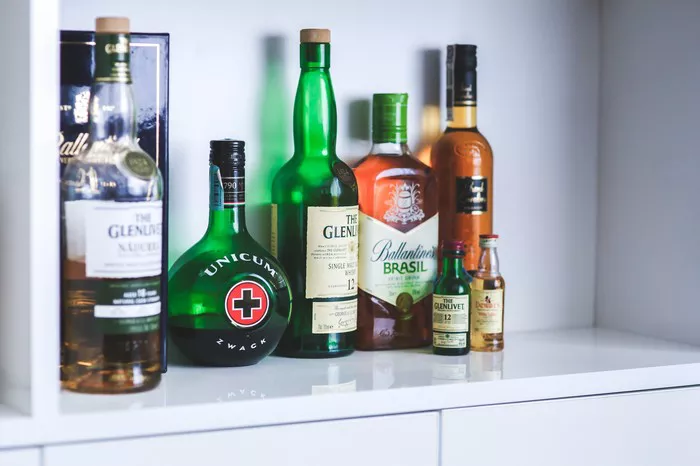When it comes to alcoholic beverages, the choices can be as diverse as the flavors themselves. Two primary categories often stand out: spirits and beer. While both are enjoyed worldwide, they differ significantly in their production, ingredients, flavors, and cultural significance. In this article, we’ll delve into the fascinating world of spirits and beer, highlighting the key differences between these two beloved libations.
1. The Basics of Beer
a. Ingredients:
Beer is typically made from four primary ingredients: water, malted barley (or other grains), hops, and yeast. These ingredients undergo a fermentation process to produce beer. The type and ratio of these components can vary widely, giving rise to a multitude of beer styles.
b. Fermentation:
Beer fermentation is a process where yeast consumes the sugars in the malted barley, converting them into alcohol and carbon dioxide. This process takes place at moderate temperatures and results in a wide range of flavors, aromas, and alcohol content.
c. Alcohol Content:
The alcohol content of beer generally ranges from 3% to 12% alcohol by volume (ABV), depending on the style. Some specialty beers can have even higher alcohol content.
2. The World of Spirits
a. Ingredients:
Spirits, also known as hard liquor or distilled beverages, are typically made from grains, fruits, or sugarcane. Unlike beer, spirits undergo a distillation process, which involves heating the liquid to create vapor and then cooling it to collect the distilled spirit.
b. Distillation:
Distillation is a process that increases the alcohol content of a liquid. It separates alcohol from other components through heating and condensation, resulting in a high-proof spirit. Spirits can have alcohol content ranging from 20% to well above 50% ABV.
c. Variety:
The world of spirits is incredibly diverse, with a vast range of options, including whiskey, vodka, rum, gin, tequila, and more. Each type of spirit has its unique ingredients, production methods, and flavors.
3. Flavor Profiles
a. Beer:
Beer offers a wide spectrum of flavors, from the malty sweetness of a stout to the hoppy bitterness of an IPA. The flavor diversity is largely attributed to the choice of grains, hops, yeast strains, and brewing techniques.
b. Spirits:
Spirits often have a more concentrated and intense flavor profile. Whiskey, for example, can have notes of caramel, vanilla, and oak, while gin may be infused with botanicals like juniper and citrus. The aging process in wooden barrels can also impart complex flavors to spirits.
4. Cultural Significance
a. Beer:
Beer has a rich cultural history and is often associated with social gatherings, festivals, and traditional ceremonies in various cultures around the world. It’s commonly enjoyed in casual settings.
b. Spirits:
Spirits have their own cultural significance and traditions. They are often associated with more formal occasions, celebrations, and rituals. For example, Scotch whisky is deeply rooted in Scottish culture, while tequila holds a special place in Mexican traditions.
5. Serving and Consumption
a. Beer:
Beer is typically served in various types of glassware, and the choice of glass can enhance the drinking experience. It’s commonly consumed in larger quantities and is often enjoyed chilled.
b. Spirits:
Spirits are typically served in smaller quantities, often as shots or in cocktails. Specialized glassware, such as whiskey glasses or cocktail glasses, is used to appreciate the aroma and flavor fully. Spirits are often served neat, on the rocks, or mixed into cocktails.
Conclusion
While both spirits and beer provide delightful libations for enthusiasts, they are distinct in their ingredients, production processes, flavors, cultural roles, and consumption methods. Whether you prefer the effervescence of a cold beer on a hot day or the complexity of a well-aged spirit, both offer unique experiences that contribute to the rich tapestry of the world of beverages.


